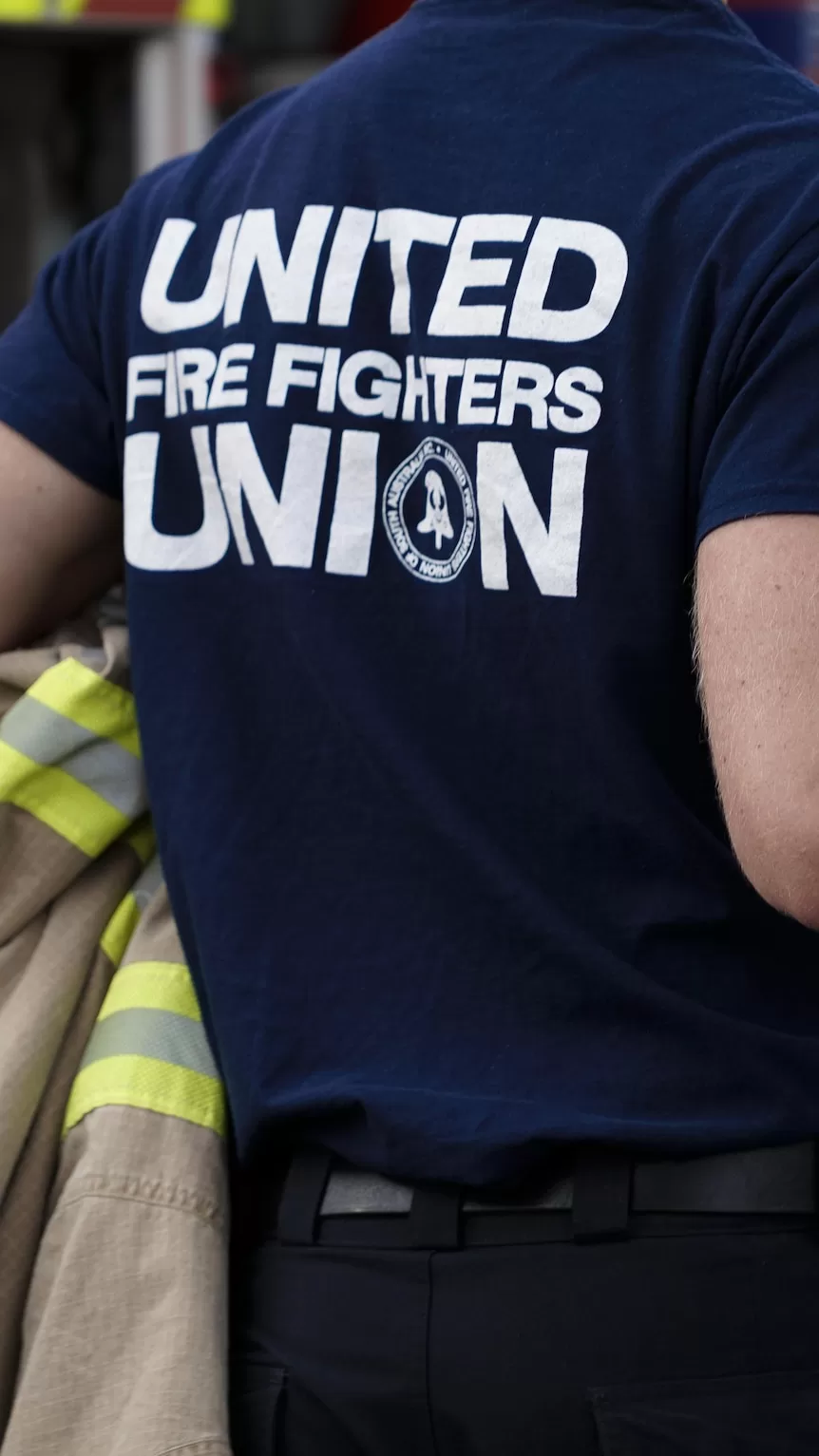- In short: Aviation firefighters have called off their planned strike action after coming to an agreement with their employer.
- The four-hour strike on April 15 would have disrupted school holiday flights at 27 airports across the country.
- What’s next? Airservices Australia said it would share more details of the agreement once staff had been “properly engaged” about the changes.
Aviation firefighters will no longer go on strike next week, after an agreement was reached with employer Airservices Australia about a range of safety concerns, the union says.
The firefighters, who service major Australian airports, were planning to strike for four hours from 6am on Monday, with their union claiming a shortage of staff was putting passengers at risk.
The strike would have disrupted school holiday flights at 27 affected airports around the country.
United Firefighters Union Australia (UFUA) said the workers are now satisfied their key concerns have been addressed, which also included issues around resourcing and working conditions.
“We are pleased that our industrial action has achieved our objective of ensuring we have the firefighters and resources to protect Australia’s air travellers when they need it most,” the union said.
In a statement, Airservices Australia confirmed it had reached an “in-principle agreement on the terms of a new enterprise agreement”.
Earlier this month, UFUA said it had obtained leaked documents from Airservices Australia showing an “extreme risk” at 13 airports, and “high risk” at 14 others.
Speaking to ABC radio, the union’s aviation branch secretary Wes Garrett said the leaked documents “confirm that Australia’s air travellers face a dire risk every time they set foot on an aircraft in Australia, should an incident occur”.
“At 13 major airports across Australia, including Brisbane, Melbourne, Perth and Adelaide, the leaked documents confirm that air travellers face extreme risk,” he said.
Mr Garrett said the task resource analysis of the service showed current staffing numbers were “well below what they ought to be”.
In response, Airservices Australia said the dispute had “nothing to do with staffing levels”, and that the risk assessments did “not account for the likelihood of an event occurring or reflect the current operational environment”.
The union was seeking a 20 per cent pay increase over three years, while Airservices Australia had offered 11.2 per cent over three years.
UFUA has not revealed the terms of the in-principle agreement with Airservices Australia.
Airservices Australia said more detail would be shared once aviation firefighters “have been properly engaged on the proposed changes to their workplace terms and conditions”.
